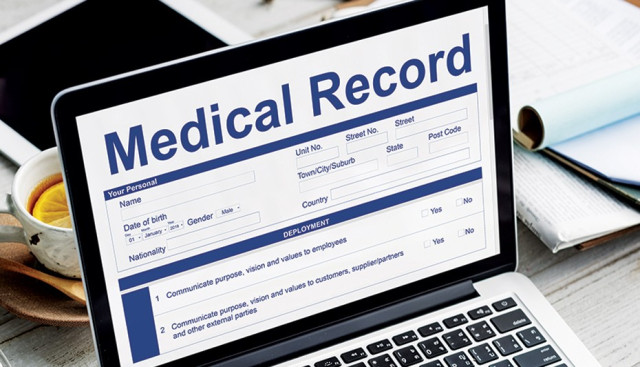

I am a results-driven Clinical IT and Healthcare Transformation Leader with over 12 years of progressive leadership across healthcare operations, enterprise technology delivery, and revenue cycle optimization in the United States, India, and the Middle East. My career is grounded in advancing complex healthcare organizations through large-scale Epic Revenue Cycle, EMR/EHR implementations, HIM modernization, Clinical Documentation Improvement (CDI), and enterprise interoperability initiatives.
As a PMP® and PMI-ACP® certified project manager, Lean Six Sigma Black Belt, CCS, and MS in Medical Informatics, I specialize in leading revenue-critical, compliance-driven clinical IT programs across highly regulated, multi-site, and matrixed healthcare environments. I have a proven record of delivering measurable business outcomes, including 25% revenue growth, 20%+ denial reduction, 30% cycle-time improvement, 15% productivity gains, and multi-million-dollar revenue recovery, while maintaining the highest standards of clinical integrity and regulatory compliance.
My expertise spans Epic and eClinicalWorks implementations and optimizations, Revenue Cycle automation, Charge Description Master (CDM) modernization, CDI programs, Medicaid and Medicare market launches, denial management analytics, and enterprise interoperability using HL7 and FHIR. I bring deep operational understanding across clinical documentation, charge capture, coding, billing, patient financial services, and downstream financial reporting, enabling seamless alignment between patient care delivery and financial performance.
Known for bridging clinical workflows, revenue operations, and enterprise IT, I partner closely with physicians, nurses, HIM leaders, finance executives, compliance officers, and technology teams to translate clinical and regulatory requirements into scalable digital solutions. I have led enterprise go-lives, command centers, data migrations, interoperability integrations, automation enablement, and change management programs, consistently minimizing disruption to patient care while accelerating adoption and performance.
I am deeply experienced in regulatory readiness and audit-ready system design, embedding governance aligned with HIPAA, CMS, HRSA, AMA, and payer compliance requirements into clinical and financial platforms. Through advanced analytics using Epic reporting, Tableau, Power BI, and KPI dashboards, I drive data-informed decision-making, proactive risk mitigation, and continuous performance improvement.
My leadership philosophy emphasizes strategic foresight, disciplined execution, collaboration, and accountability. I am recognized for aligning executive vision with tactical delivery, strengthening governance, mentoring high-performing teams, and building trusted partnerships across global, cross-functional organizations.
As a trusted advisor and transformation catalyst, I deliver thought leadership on Epic Revenue Cycle strategy, healthcare digital transformation, interoperability, revenue integrity, CDI excellence, and value-based care enablement. I am passionate about shaping the future of healthcare through secure technology integration, operational excellence, and patient-centered innovation, helping organizations achieve financial sustainability while elevating clinical quality and outcomes.
Available For: Advising, Consulting, Influencing, Speaking
Travels From: Trumbull, Connecticut
Speaking Topics: Healthcare Project Manager / Healthcare Program Manager, Revenue Cycle Management (RCM), Healthcare Data Analytics Manager/Consultant
| Venkata Hemanth Kakarla | Points |
|---|---|
| Academic | 0 |
| Author | 16 |
| Influencer | 19 |
| Speaker | 0 |
| Entrepreneur | 20 |
| Total | 55 |
Points based upon Thinkers360 patent-pending algorithm.
Tags: AI, Digital Transformation, Healthcare
 Indian Americans: A Small Community Making Outsized Contributions to the United States
Indian Americans: A Small Community Making Outsized Contributions to the United States
Tags: Project Management, Healthcare
Tags: Digital Transformation, Healthcare, Predictive Analytics
Tags: Healthcare, Innovation, Robotics
Tags: Healthcare, HealthTech, Predictive Analytics
Tags: Change Management, Future of Work, Project Management
Tags: Change Management, Future of Work, Project Management
 Clinical Documentation Optimization Strategies: An In-depth Handbook for Health Informatics Specialists
Clinical Documentation Optimization Strategies: An In-depth Handbook for Health Informatics Specialists
Tags: Change Management, Future of Work, Project Management
 AI is changing the way revenue cycle management is done in healthcare, which is a game-changer
AI is changing the way revenue cycle management is done in healthcare, which is a game-changer
Tags: Change Management, Future of Work, Project Management
Tags: Change Management, Future of Work, Project Management